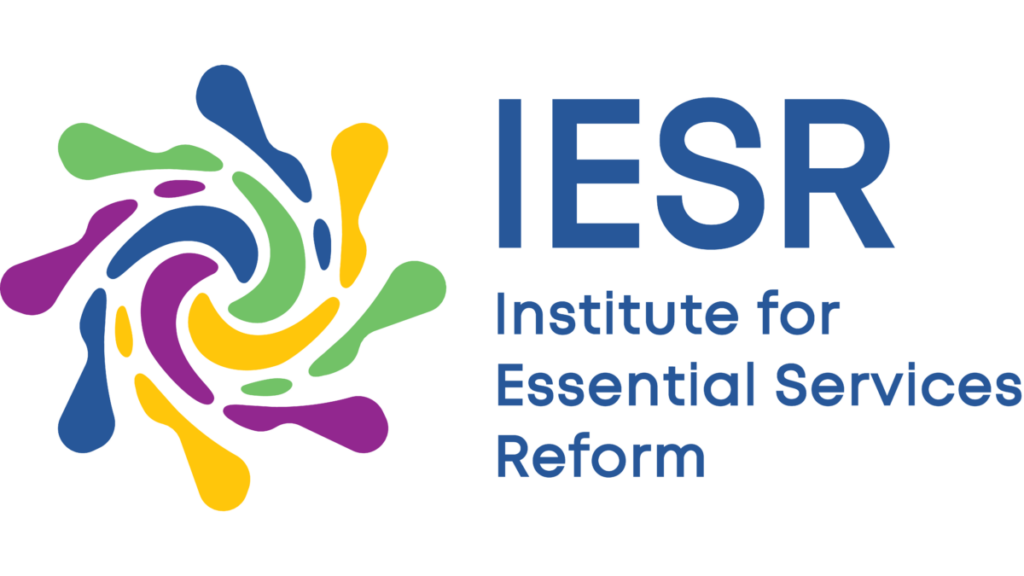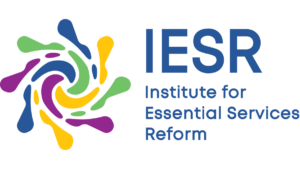Background
Indonesia has declared its commitment to achieving net-zero emissions by 2050, formalized in its Enhanced Nationally Determined Contribution (E-NDC) submitted to the United Nations Framework Convention on Climate Change (UNFCCC), which includes the target to reduce greenhouse gas emissions by 31.89% unconditionally, or up to 43.2% with international support, by 2030 from a business-as-usual baseline. The power sector, which accounts for around 50% of total energy emissions, is envisioned to become carbon neutral by 2060, ideally by 2050, in line with the Paris Agreement.
This aspirational goal is supported by initiatives, such as the Just Energy Transition Partnership (JETP), which Indonesia formally launched in November 2022 alongside international partners. The Comprehensive Investment and Policy Plan (CIPP), published in November 2023, sets out a strategic roadmap for decarbonizing Indonesia’s power sector. Among the core commitments of the JETP are achieving on-grid power sector emissions peaking by 2030 at no more than 250 million tons of CO₂, achieving net-zero emissions in the power sector by 2050, and ensuring that renewable energy accounts for at least 44% of on-grid electricity generation by 2030.
Despite these commitments, progress on renewable energy development in Indonesia remains insufficient. As of 2025, the share of renewable energy in the national power mix remains below 15%, falling short of the 23% target set for 2025. The country’s electricity sector remains heavily dominated by coal, supported by entrenched fossil fuel subsidies and regulated pricing that distorts market signals. Additionally, a significant number of new coal-fired power plants remain in the pipeline under existing Power Purchase Agreements (PPAs), particularly those outlined in the 2025–2034 Electricity Business Plan (RUPTL). Furthermore, annual investment in renewable energy remains far below what is needed, estimated at approximately USD 1.5 billion annually, compared to the USD 8–25 billion required each year to achieve energy transition targets.
Policy and regulatory uncertainty persist due to the uncertain implementation of existing procurement schemes, national government stance, and planning on energy transition targets, and overlapping national and regional institutional licensing, among others. The procurement process itself lacks transparency and predictability, particularly for Independent Power Producers (IPPs), who often face delays, unclear tender processes, and limited access to information. Renewable energy procurement in Indonesia has traditionally relied on direct appointment or direct selection methods, usually based on government-to-government arrangements, unsolicited proposals, or developer nominations tied to specific project locations.
While ceiling price schemes have been introduced—most recently through Presidential Regulation No. 112 of 2022—the pricing structure remains largely based on PLN’s regional generation cost benchmark (Biaya Pokok Produksi/BPP), which does not always reflect market conditions or technology cost trends. Further, project development is often hindered by issues such as land acquisition constraints, rigid local content requirements, and high perceived investment risks due to limited bankability and regulatory unpredictability. These barriers collectively contribute to a weak project pipeline and diminish investor confidence. Procurement tends to be reactive rather than strategic, failing to deliver the scale and cost-effectiveness needed to reach national renewable energy targets.
Given these issues, policy and institutional reform in renewable energy procurement is increasingly urgent. The CIPP under the JETP explicitly emphasizes the need to improve procurement mechanisms to ensure a transparent, competitive, and technology-agnostic process that can attract large-scale private investment.
The Institute for Essential Services Reform (IESR) through the Green Energy Transition Indonesia (GETI) project, supported by the British Embassy Jakarta, aims to explore multifaceted aspects of analysis on innovative approaches to renewable energy procurement to address key bottlenecks, reduce cost uncertainty, and improve project viability—therefore accelerating renewable energy deployment in Indonesia to achieve its NZE target.
Timeline Proposal
Prospective service providers must submit a proposal package consisting of a technical proposal (background, tasks to be performed, methodology, schedule), a cost proposal (total proposed labor rates and other costs), and a relevant resume & portfolio.All bidders are also required to submit administrative bid documents, which can be downloaded through this link. s.id/documentsrfpcommsiesr.
Proposals will be accepted no later than 5:00 PM Western Indonesian Time (WIB, GMT+07) on Sunday, August 3, 2025. Any submissions received after that date and time will be deemed inadmissible. Please address your submissions to the Green Energy Transition Indonesia (GETI) Program Manager at erina@iesr.or.id, and CC to warih@iesr.or.id & alifiadarmayanti@iesr.or.id. Any further questions regarding this RFP may be addressed to warih@iesr.or.id. Please include “RFP Response – Research Consultant for RE Procurement Study” in the email subject line.



